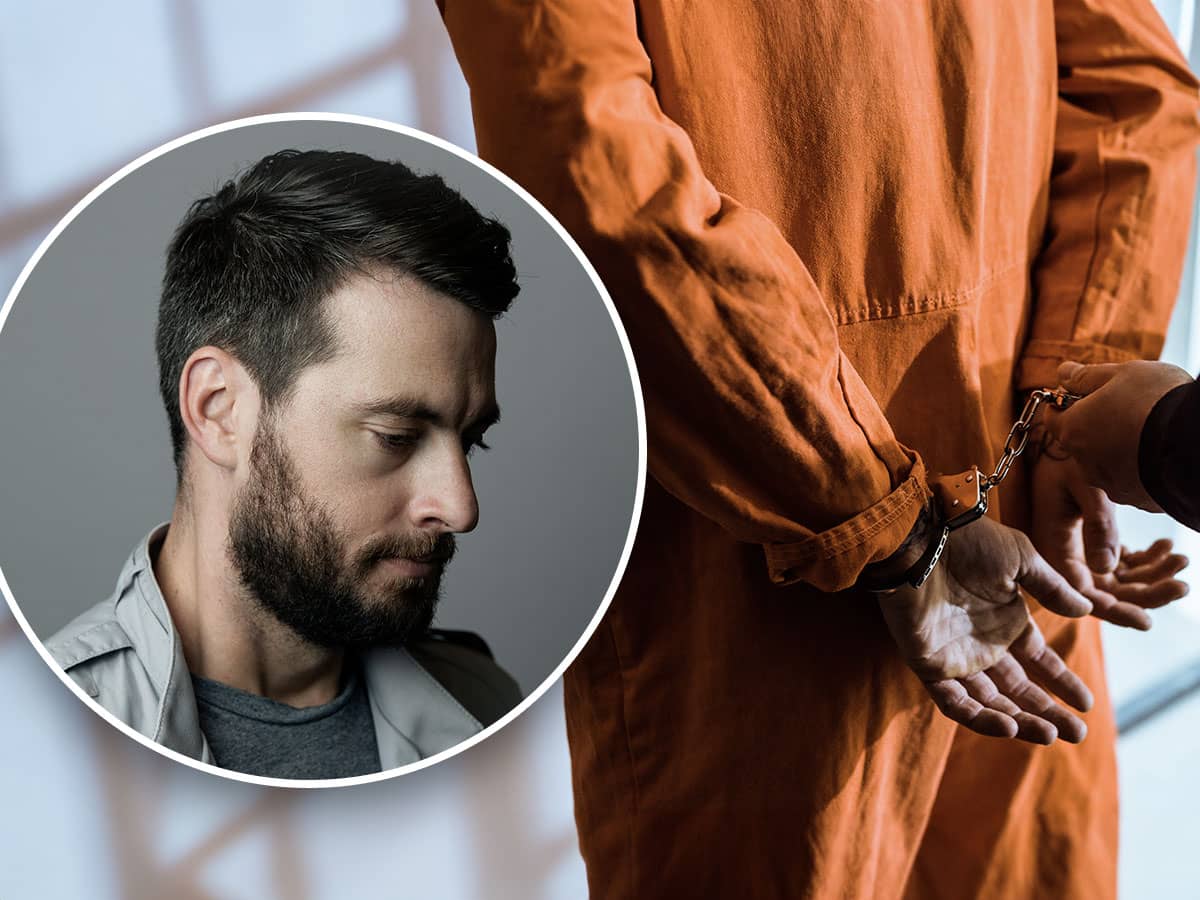By Kate Wenner
Scribner, 301 pp.
Fire, sin, hate, death and God all figure in this novel about a Manhattan filmmaker coping with a pair of tragedies, her father's illness and death and the burning of her family's countryside retreat in Connecticut. The protagonist, Annie Fishman Waldmas, 40, scrapes against all these rough experiences and does some serious growing up. Wenner, in her debut as a novelist, captures the tense, hothouse atmosphere of an extended family of affluent Jewish professionals enduring major life passages. An argumentative tone is so accurately consistently rendered that the reader, asked to live through a lot of family bickering, yearns to yell, "Stop already!"
Seeking solace in religion, Annie picks up her childhood faith through the practice of Jewish rituals, mostly reciting the prayers for the dead and observing the Jahrzeit, or year of mourning. Wenner captures well the agnostic's halting embrace of religion, and the knowing rebukes of the religious. When she seeks out a rabbi and confesses a need "to turn to my religion now," he answers, "Turn to your religion? Like some twenty-four-hour fast food chain?"
Annie's spiritual search matures quickly. In a time when a vocal minority of people demand a kindly deity, one who is supremely non-judgmental, Annie leans toward a God who is based in tradition and scripture. She finds "a compassionate but demanding God," one who asks simply that she listen. One only wishes we had learned more about her interior life of faith.
"Setting Fires" is a compelling yarn, if you're not put off by Annie's yuppie twitches or by Wenner's request that you sympathize with a well-off couple who has lost their weekend home. Wenner tells a good story, but tell it, rather than show it, she does. Even when the characters begin to leap off the page with emotion and action, she tends to dampen the flames with explication. Most sections unfold in a triune pattern of background, brief conversation or action, and long exegesis. In one, Fishman joins her father in California on the eve of his surgery for stomach cancer and broaches the difficult topic. "'So how are you feeling about tomorrow?' He cocked his head the way he did when he presented business options to investors. 'Two possibilities. I'm going to live or I'm going to die. We'll find out.'"
Now, that's punchy and real. But Annie proceeds to dissect the topic and suck out the marrow from the scene. "It was a relief to me that this first bit of truth emerged so simply. Later, when I looked back on those early days..." And on and on before the characters are allowed to butt in once again.
Thankfully, the main story has enough life to keep bobbing to the surface and making waves. Hate and love, sin and redemption, after all, are eternal and powerful forces, and Wenner depicts their pull and push amid the mundane details of daily life. Waldmas investigates alleged anti-Semitism in the hills of New England, but first she has to find the baby-sitter. She and hubby want to collect on their fire insurance and rebuild their dream house, but first they have to carp at one another over the chores.
In the end, we believe Wenner when she guides Annie to fulfillment in the imperfect manner of all human endeavors for the divine, and in a spiritually driven book it's a comfort for the faith to be so concretely rendered. "Mostly I looked forward to the peacefulness that I discovered there, a deepened sense of all things, the certainty that there was meaning beyond what I could know, touch, explain."

